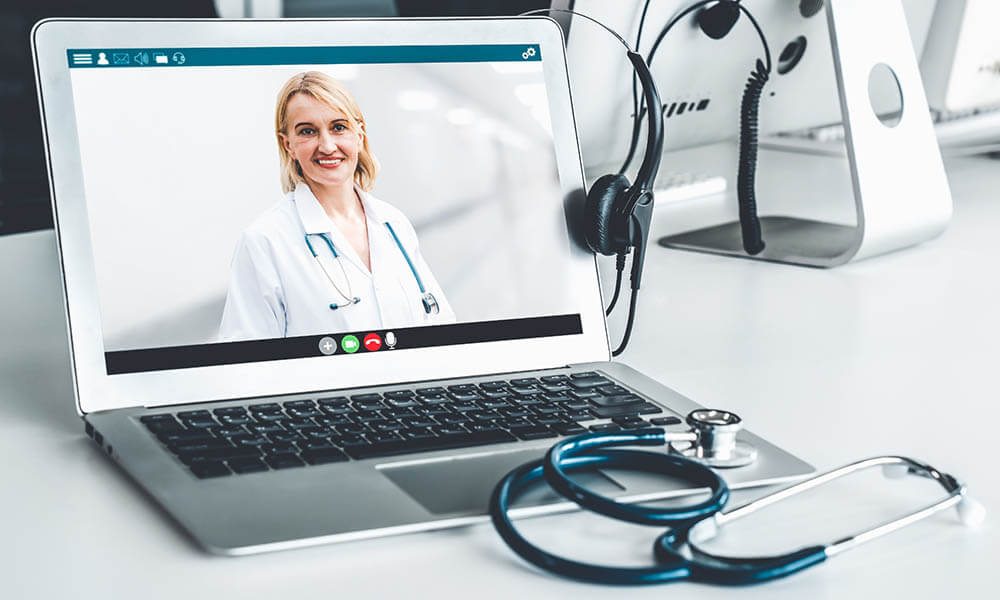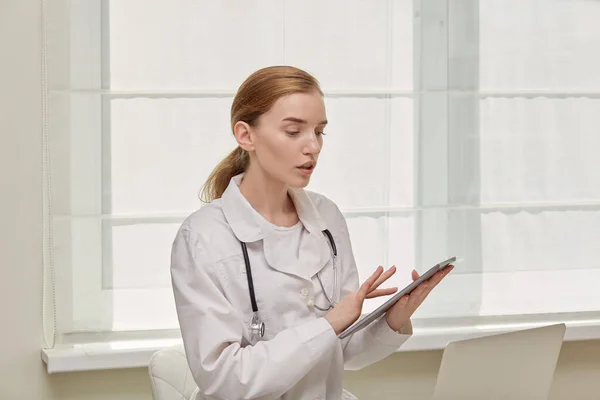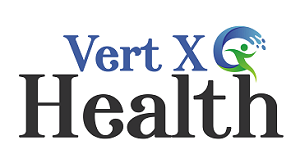
How online doctors connect patients to specialists faster?
Healthcare has evolved dramatically in the past few decades, allowing patients to access medical care without leaving their homes. Online medical consultations have evolved from simple video calls to virtual care systems that efficiently connect patients with the right specialists.
Virtual healthcare platforms
When patients need specialized care, traditional healthcare systems often involve multiple steps: visiting a primary care physician, getting a referral, waiting for an appointment, and finally seeing a specialist. Depending on location and specialist availability, this process can take weeks or months.
Virtual healthcare platforms cut this timeline considerably by eliminating geographical barriers. Patients from rural areas no longer need to travel long distances for specialized consultations. The digital approach allows immediate routing to appropriate specialists based on symptoms and medical history.
Digital triage systems
Advanced digital triage systems now assess patient needs quickly and accurately. These systems use structured questionnaires and symptom analyzers to gather relevant information before the consultation begins. By collecting comprehensive data upfront, online platforms can match patients with specialists with the expertise needed for their condition.
This targeted matching ensures more effective initial consultations and reduces the need for multiple appointments. The nextclinic system boosts efficiency by using an advanced matching algorithm to connect patients with the right specialists.
Secure health records sharing
Quick access to medical records plays a crucial role in specialist consultations. Online medical platforms securely store and share patient information across the healthcare network. When seeing a specialist through these platforms, patients avoid repeating tests or bringing physical copies of their records.

Benefits beyond speed
Fast specialist connections deliver several advantages beyond just saving time:
- Earlier intervention for progressive conditions
- Reduced anxiety during the waiting period
- Lower transportation costs
- Minimized time away from work or family
- Decreased exposure to other illnesses in waiting rooms
Remote monitoring integration
Online healthcare platforms increasingly incorporate remote monitoring devices that track vital signs and symptoms between appointments. These tools provide specialists with continuous data rather than point-in-time snapshots during consultations. For chronic conditions requiring ongoing specialist oversight, this approach allows doctors to spot concerning trends earlier. Medical Certificate Online Doctors often recommend specific monitoring devices based on individual health needs.
Multispecialist consultations
Complex medical cases frequently require input from multiple specialists. Traditional healthcare systems struggle to coordinate such meetings, often resulting in patients shuttling between offices and inconsistent provider communication. Virtual platforms excel at bringing multiple specialists together in unified consultations. Patients benefit from collaborative discussions where experts can simultaneously consider the complete clinical picture.
Prescription and follow-up management
After connecting with specialists, patients need prescriptions filled and follow-up appointments scheduled. Online systems streamline these processes through integrated pharmacy networks and automated scheduling tools. The efficiency continues beyond the initial specialist connection, creating a continuous care loop that maintains the speed advantage throughout treatment.
Technology limitations and solutions
While digital platforms excel at connecting patients to specialists, they work within certain technological constraints. Good internet connectivity remains essential for video consultations, though many platforms now offer low-bandwidth options. Some specialized examinations require physical assessment, but this challenge is increasingly addressed through hybrid models where local technicians perform physical examinations while specialists join virtually.
These technologies will likely expand to include predictive capabilities, identifying patients needing specialist intervention before they traditionally seek it. Medical Certificate Online Doctors into mainstream healthcare continues to evolve, creating seamless pathways between primary care, specialist consultations, and on-going treatment management.






